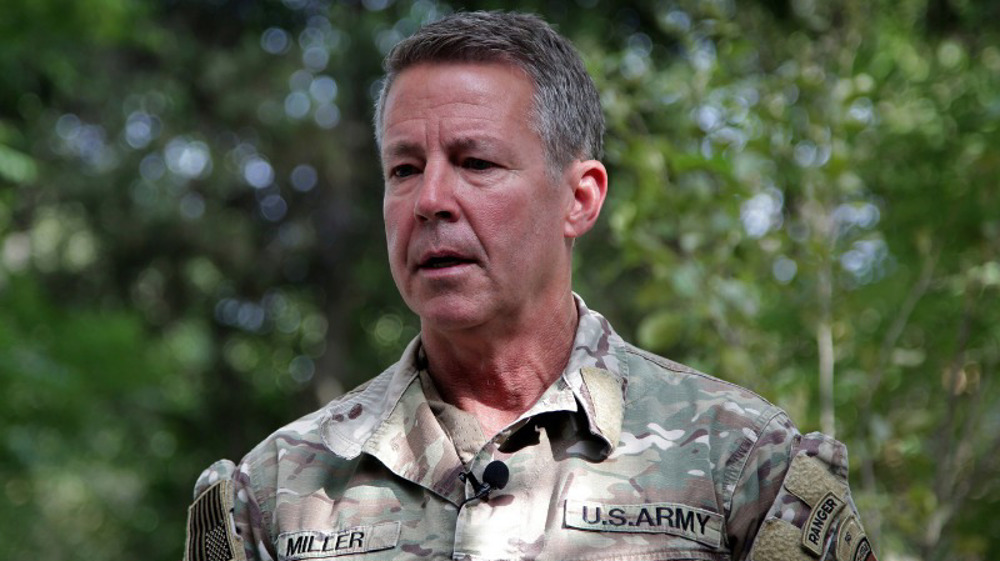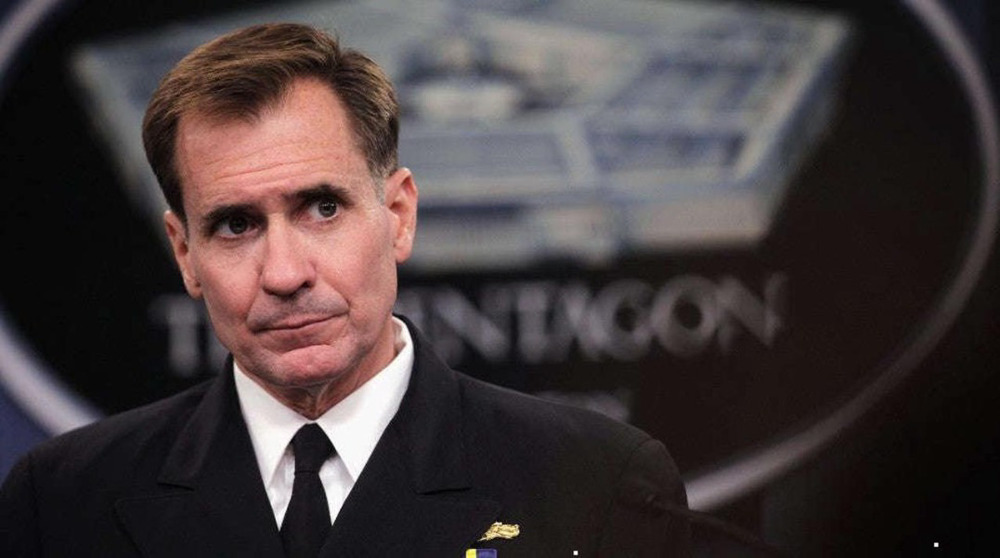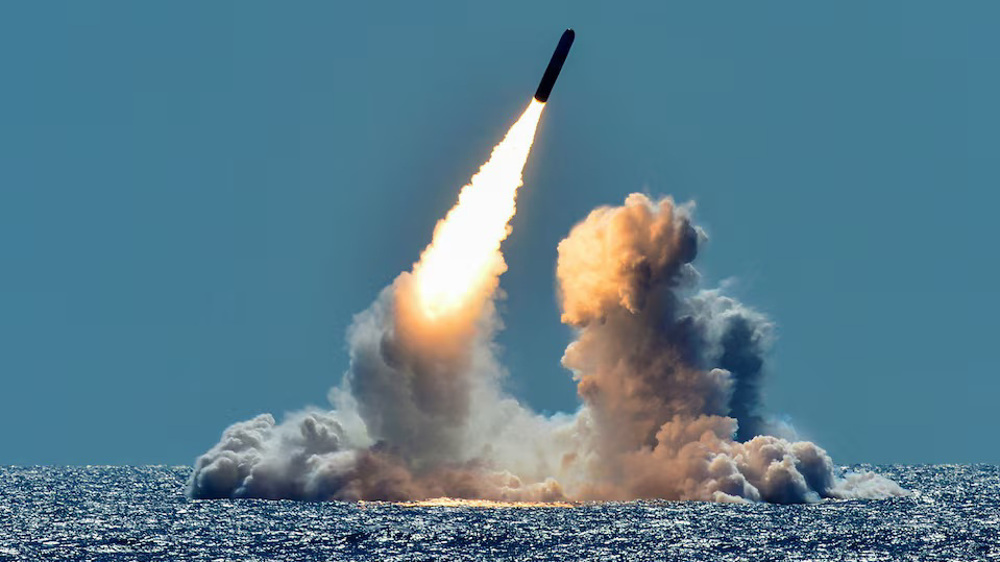Top US general in Afghanistan steps down
The US general leading the war in Afghanistan has stepped down, in what is a symbolic end to America's longest war which has killed hundreds of thousands of Afghans and displaced millions more.
Army Gen. Austin “Scott” Miller, who has led Washington’s military offensive in Afghanistan for nearly three years, relinquished command on Monday at a Transfer of Authority ceremony in Kabul.
Miller stepped down ahead of a formal end to the US war in Afghanistan on August 31, a date set by US President Joe Biden as he looks to pull out the United States from the two-decade-old aggression.
Speaking to a small crowd outside his military headquarters in Kabul, Miller urged the Taliban to halt a wave of violent attacks that have given them control of more territory than at any time since the war began about 20 years ago.
The US invaded Afghanistan in October 2001 on the pretext of fighting terrorism and removing the Taliban from power, but after the 20 years of war the Taliban now claim to be controlling 85 percent of the country.
A Taliban delegation made the claim during a recent visit to Moscow where they offered reassurances that their recent gains will not threaten Russia or its Central Asian allies.
"What I tell the Taliban is they're responsible too. The violence that's going on is against the will of the Afghan people, and it needs to stop," Miller said.
US Marine General Kenneth McKenzie, the head of US Central Command (CENTCOM) that oversees American forces in hot-spots including Afghanistan, Iraq and Syria, flew into Kabul to underscore America's future assistance to Afghan security forces.
"You can count on our support in the dangerous and difficult days ahead. We will be with you," McKenzie said in his address.
While speaking to reporters later on, McKenzie stated that the Taliban were seeking "a military solution" to a war that the United States has unsuccessfully tried to end with a peace agreement between the Taliban and Afghan President Ashraf Ghani's government.
CENTCOM on Tuesday announced that the process to withdraw American forces from the war-torn country was more than 90% complete.
Last week, US troops quietly vacated Bagram Air Base, the largest US military installation in Afghanistan, which once hosted more than 100,000 US troops.
The US withdrawal from the country comes amidst surge in violence and takeover of multiple districts in northern parts of the country by the Taliban militant group.
Biden also said that “the likelihood there will be one unified government in Afghanistan controlling the whole country is highly unlikely.”
The US president has faced criticism at home over the withdrawal, although his Republican predecessor Donald Trump had brokered an agreement with the Taliban to end US involvement in the war.
He has also been accused by Afghan politicians and human rights activists of abandoning the country at a time when the Taliban and its affiliates have upped the ante.
The US invaded Afghanistan in October 2001 under the pretext of the so-called war against terror.
Washington has spent trillions of dollars waging war on the impoverished country, which has left hundreds of thousands of Afghans dead.
Hamas slams Israeli settlers’ ‘criminal aggression’ in West Bank
VIDEO | Press TV's news headlines
VIDEO | Iran launches 'Holy Qur'an Does Not Burn' campaign to restore mosques damaged in unrest
VIDEO | Ramadan amid the rubble: Gaza’s historic Al-Zawiya market defies odds
UN sounds alarm over US-generated energy crisis in Cuba
Yemeni leader: US-Israeli focus on Iran stems From Tehran’s role in blocking their hostile schemes
Iran’s progress ‘miraculous’ despite sanctions: Nuclear chief
Netanyahu fears fruition of Iran US talks











 This makes it easy to access the Press TV website
This makes it easy to access the Press TV website